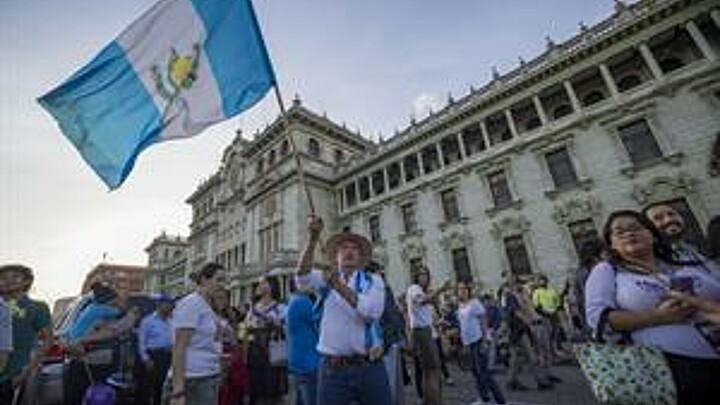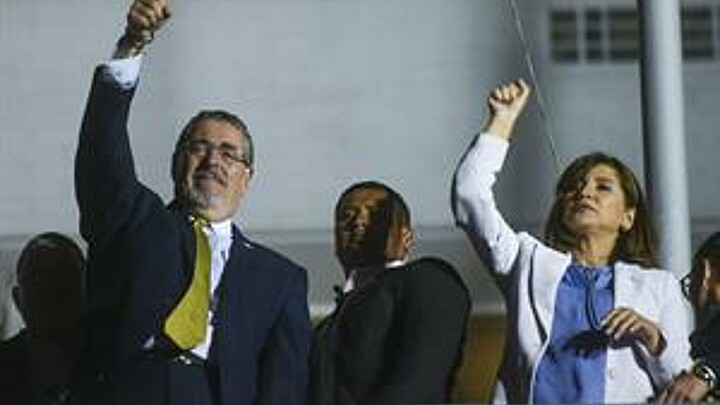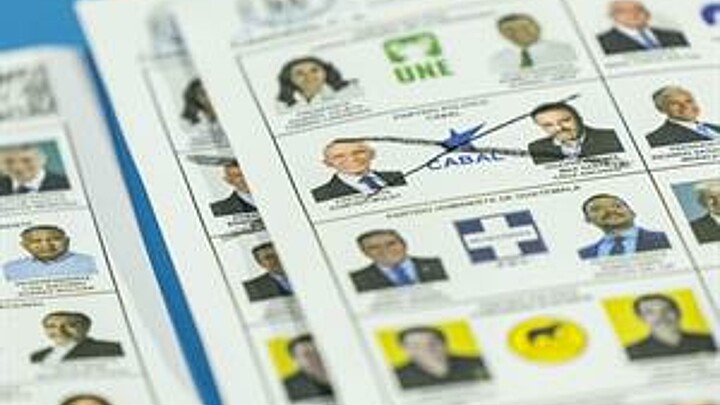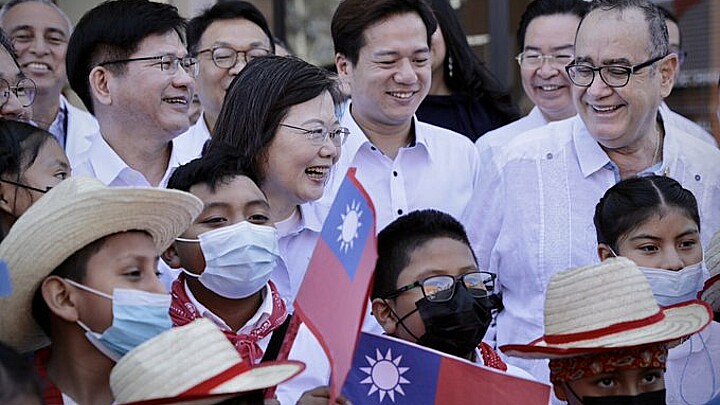Politics
Guatemala presidential transfer in question, says U.S. State Department
Guatemala’s Public Ministry says it is examining the election count with “objectivity and impartiality” while the State Department says on Sunday it is “gravely concerned”
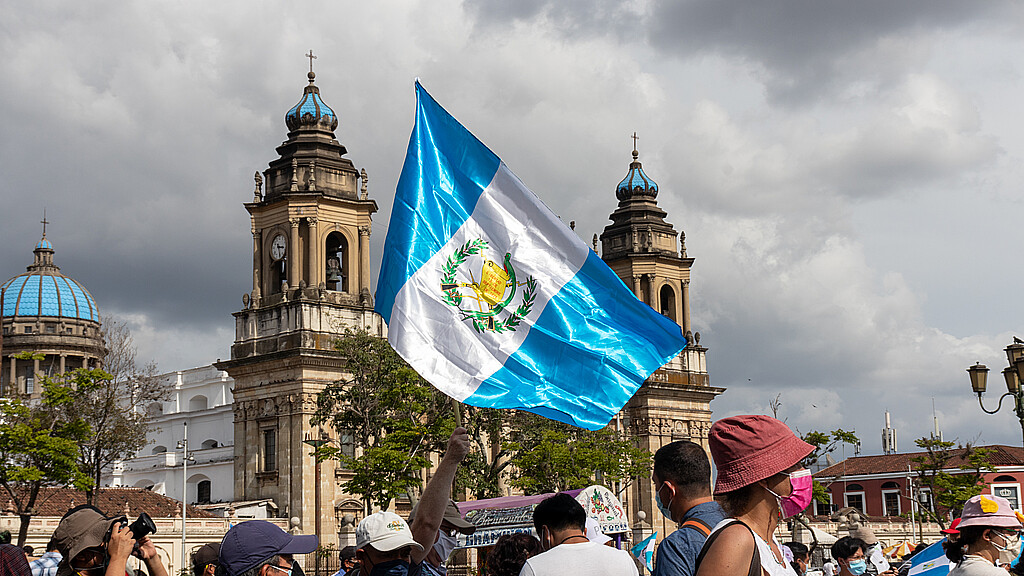
October 3, 2023 9:00am
Updated: October 4, 2023 11:53am
Guatemala’s Public Ministry is raising questions about the recent 2023 presidential election in Guatemala, a move that has raised significant concerns in the U.S. State Department.
The U.S. federal foreign diplomacy agency said the presidential transfer of power to Bernardo Arévalo, may be in jeopardy, adding on Sunday it is “gravely concerned.”
The State Department is mainly concerned about measures the country’s Public Ministry is taking amid the transition, asserting that Arévalo achieved a clear electoral victory in August.
Arévalo declared victory after winning a second round against former First Lady Sandra Torres in the country’s general presidential election.
She is the former General Secretary of the National Unity of Hope party, and the former wife of former President Álvaro Colom who served from 2008-2012 and died earlier this year in January.
Arévalo’s party, Movimiento Semilla is considered on the left while Torres’ National Unity of Hope party is considered on the right.
The Public Ministry operates as a type of national law enforcement agency, similar to the attorney general in the United States.
It reportedly raided the Supreme Electoral Tribunal on Friday for at least 20 hours, taking possession of boxes holding tabulations from votes cast in the general election.
“The United States is gravely concerned with continued efforts to undermine Guatemala’s peaceful transition of power to President-elect Arévalo,” Matthew Miller, a State Department spokesperson, said in a statement.
As a result of the situation, the U.S. is imposing visa restrictions on past and present congressional members, justice officials and anyone it deems as a participant, the statement said.
The Public Ministry however justified its actions, saying it “acts in all cases with objectivity and impartiality to ensure strict compliance with the law.”
Arévalo is former congressman and diplomat who served as the country’s ambassador to Spain.
He is expected to be sworn in to office in January 2024. He has repeatedly complained of a purported “coup d’état” and says he and his party, Movimiento Semilla has been targeted by prosecutors.
“There is no doubt that these actions ... lead to the annulment of the electoral result and the destruction of the democratic regime,” Arévalo said Saturday in a public video.
The United Nations High Commissioner for Human Rights in Geneva expressed concern on Sunday, raising questions about the situation.
“These events are the latest in a long list of very worrying actions taken in recent weeks, which, taken together, appear designed to undermine the integrity of the electoral process and undermine the rule of law in general,” High Commissioner Volker Türk said in a statement.

